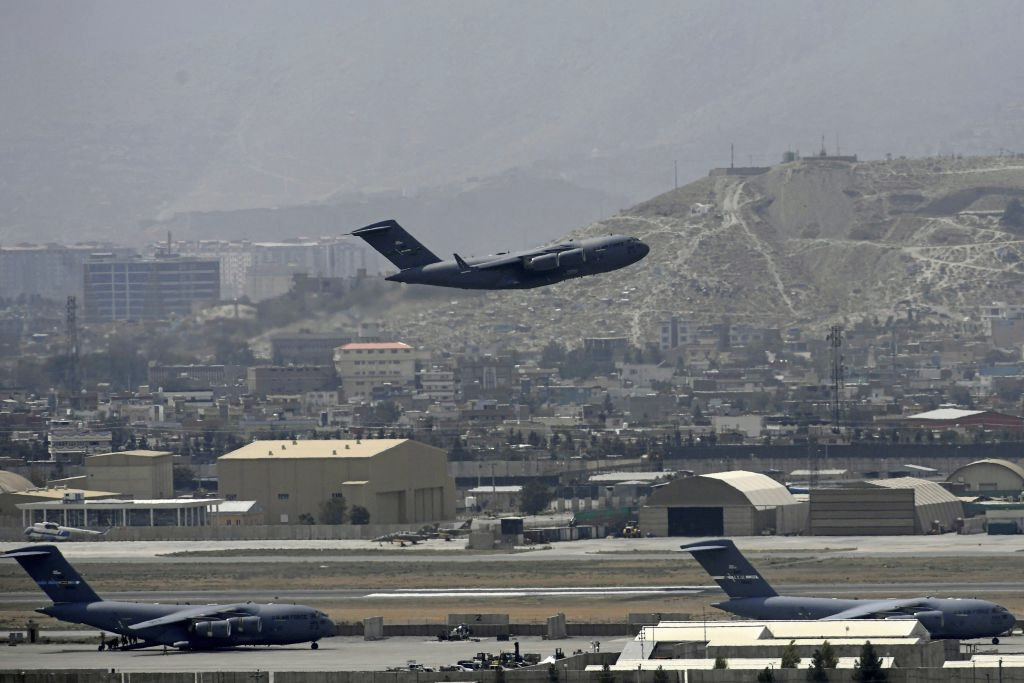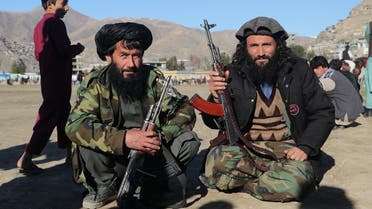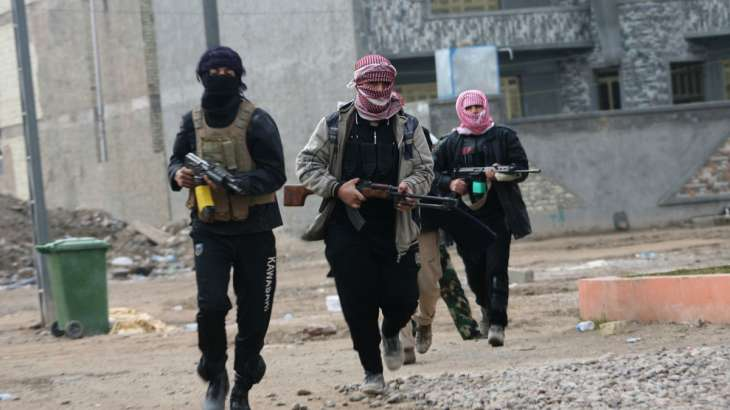Biden’s Disastrous Withdrawal from Afghanistan Still Haunts the West

Putin is nothing if not an opportunist, and the images of American forces and their British allies struggling to contain the surging crowds at Kabul airport who were desperately trying to flee the country will have confirmed the Russian leader’s view that, so long as Biden remained in power, he had nothing to fear from the US.









